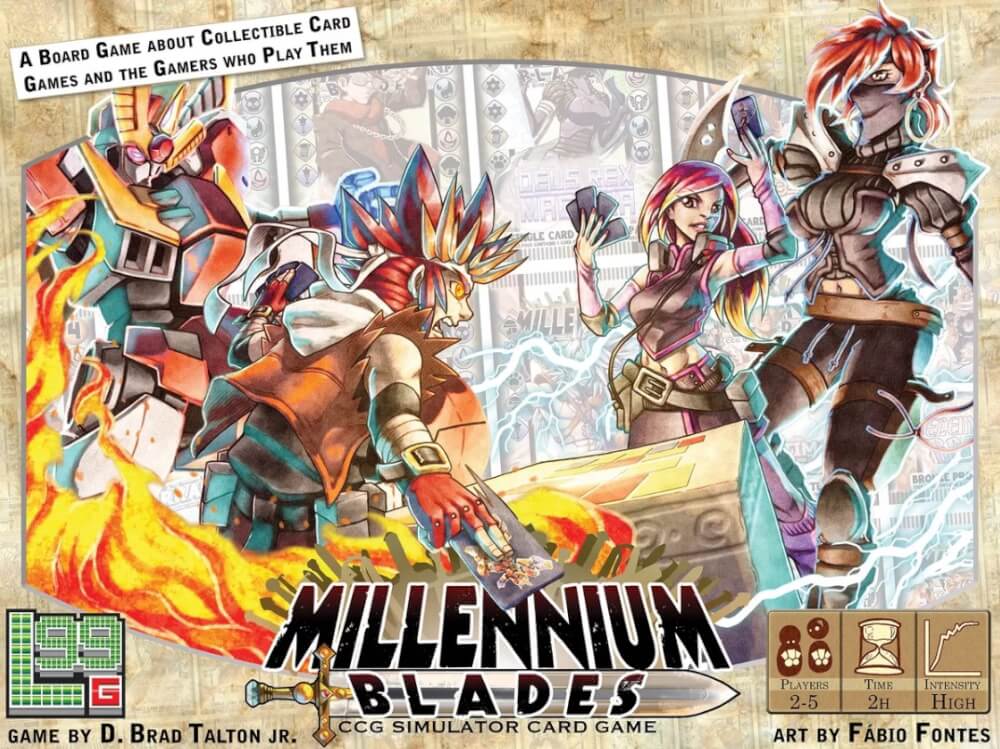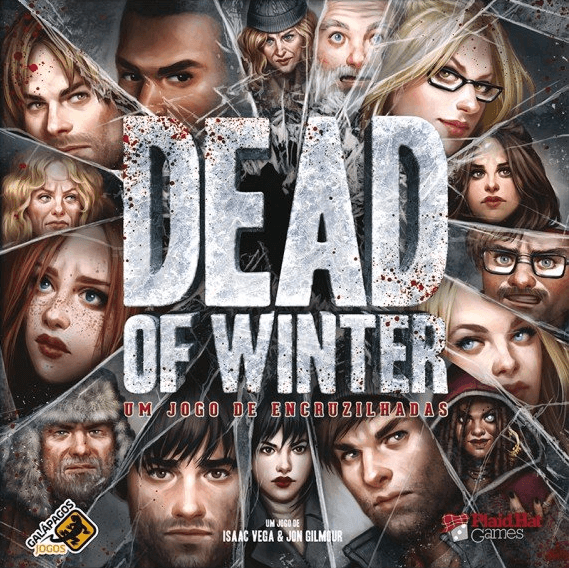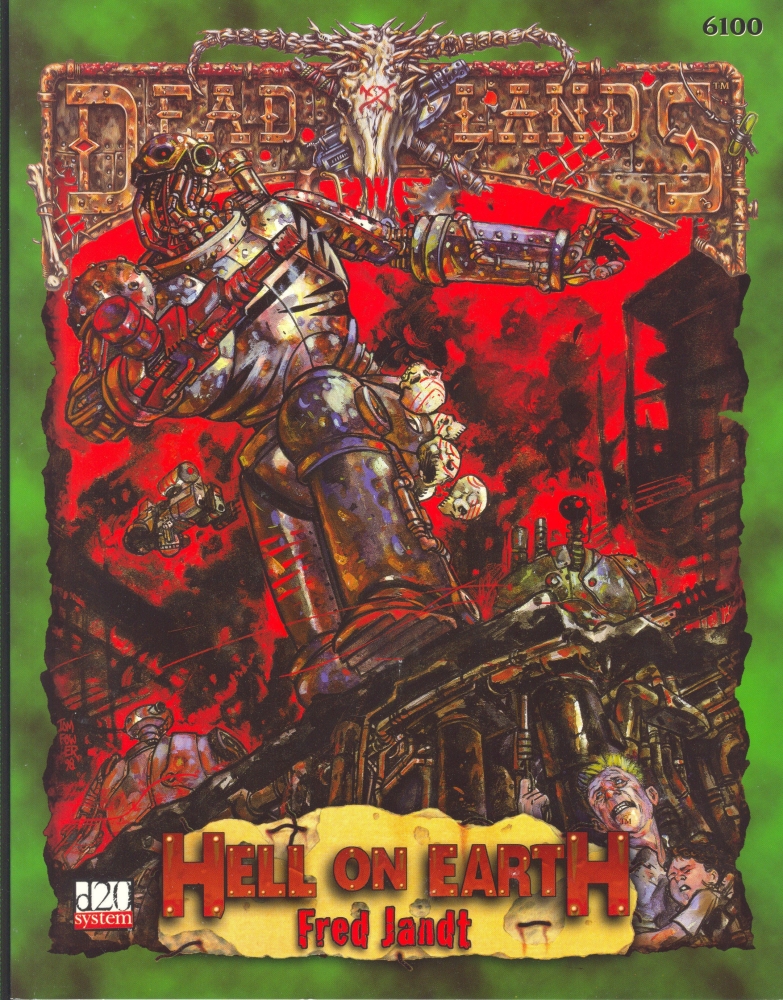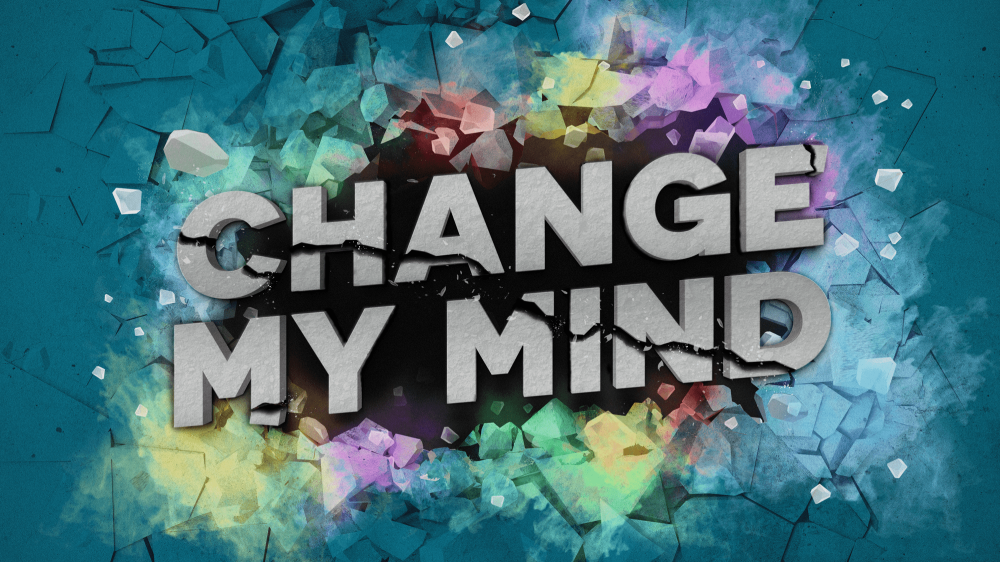
Millennium Blades
Millennium Blades is a card game that simulates the experience of a group of friends playing a fictional collectible card game (CCG). Players immerse themselves in a universe where they are collectors and competitors, building their decks and facing opponents in exciting tournaments. During the game, you will create strategies, accumulate valuable cards, open boosters that contain new surprises and fight for prizes and recognition. The game is ideal for sessions lasting between 2 and 3 hours, taking players from casual matches to regional competitions. In addition, Millennium Blades allows you to take part in a campaign, linking several matches in a sequence that goes from regional tournaments to national and world competitions. Each new match presents more powerful cards and greater challenges, keeping the game balanced so that everyone has a real chance of winning at each stage of the competition. With art inspired by manga and anime, Millennium Blades references classics of the genre such as Magic: The Gathering and Yu-Gi-Oh!, bringing a rich and entertaining experience to fans of collectible card games.Artists: Fábio Fontes;
Designers: D. Brad Talton, Jr.;
Date: 2016
Note: 6.8
Mechanics: Collecting Sets, Commodities speculation, Hand Management, Negotiation, Simulation, Real Time
Table of Contents
- How to Play
- Tips for playing
- Game mechanics
- Game components
- Additional Information
OBJECTIVE OF THE GAME
Tips for playing
Here are some tips for doing better in the game Millennium Blades:
- Study the effects of rare and powerful collectible cards well, as they can drastically change the strategy of the game in your favor.
- Keep a balance between investing in collectible cards and maximizing your victory points during the tournament; focusing too much on one can harm the other.
- Follow the market: buy cards when they are cheap and sell them when their value rises, taking advantage of fluctuating prices.
- Consider building a theme or synergy in your deck, which can maximize the effect of the cards' abilities and surprise your opponents.
- Pay attention to your rivals' targeting abilities and adopt tactics to counter their main moves.
- Manage your money and resources well; spending too much too soon can leave you without valuable options in the final rounds.
- Practice reading previous games and understand what strategies you can often find among your usual opponents.
- Explore different expansions and promo packs to add variety and new strategic possibilities to your base game.
Video about the game
GAME mechanics
- Hand Management: In Millennium Blades, players build and adjust their decks using a limited set of cards representing collectible cards. Decisions about which cards to keep on hand or sell are crucial to balancing financial resources and maximizing performance in tournaments. Each card offers unique abilities and synergies, requiring strategy to optimize combinations.
- Collecting Sets: Players try to collect sets of cards that go well together in order to score high in tournaments. Completing collector's albums also gives significant bonuses. Collections can be thematic, focused on similar skills or elements, promoting a constant search for specific cards that optimize these synergies.
- Negotiation: Trading cards with other players is key to building efficient collections. Players exchange cards to complete sets or adjust their strategies. Negotiation skills can also include persuading others about the values of cards, constantly seeking to improve one's own deck or collection.
- Commodities speculation: The card market is volatile and speculating on the value of cards is essential. Buying cards in the expectation that their value will rise or selling before the price falls are vital decisions. In-game events can influence supply and demand, encouraging players to be vigilant and adjust their actions as the market fluctuates.
- Simulation: Millennium Blades simulates the world of collectible card games and the tournaments in which players compete. The simulation involves everything from buying booster packs to taking part in social events, replicating the experience of being a professional card collector.
- Real time: Significant parts of the game take place in real time, where players have a limited amount of time to carry out actions such as buying, selling, trading or preparing the deck for a tournament. This time pressure adds an element of urgency and rapid strategy, forcing quick and effective decisions.
Game components
See all the items in the game below Millennium Blades:
- Character cards
- Stitch markers
- Resource sheets
- Card decks
- Game board
- Special data
- Pieces of power
- Event cards
- Shift markers
Additional Information
- Ludopedia link: https://ludopedia.com.br/jogo/millennium-blades
- Link Tabletopia: https://tabletopia.com/games/millennium-blades
- Amazon Brazil link: Comprar Millennium Blades
- Amazon USA link: Comprar Millennium Blades


